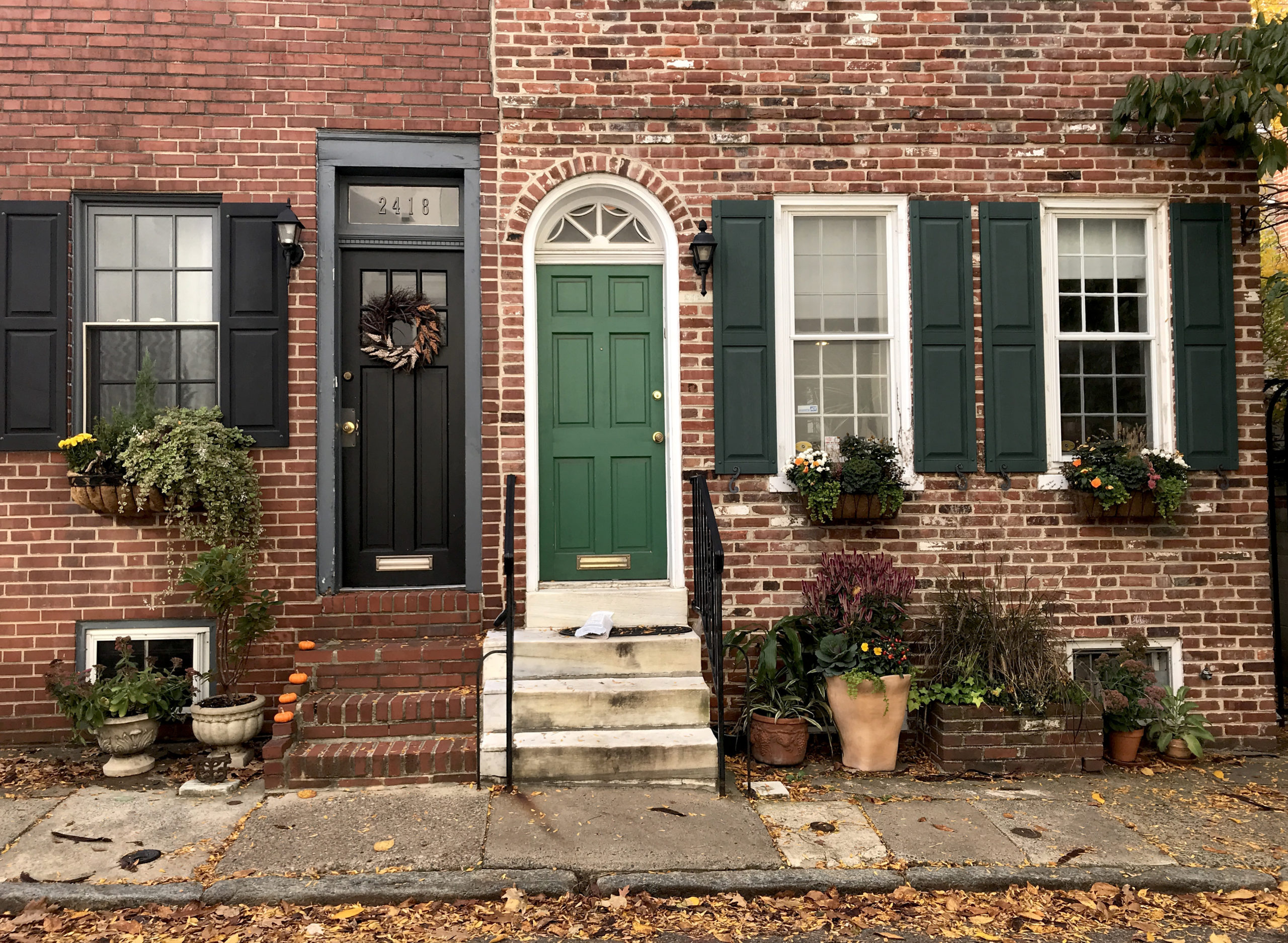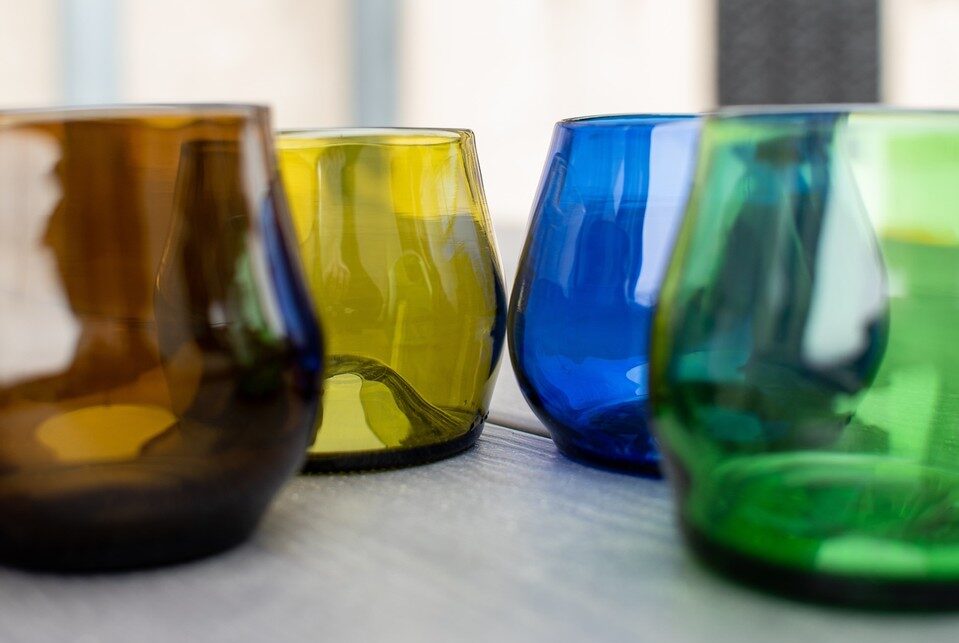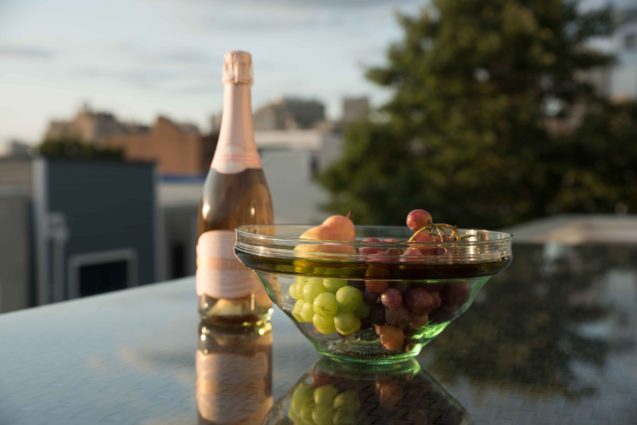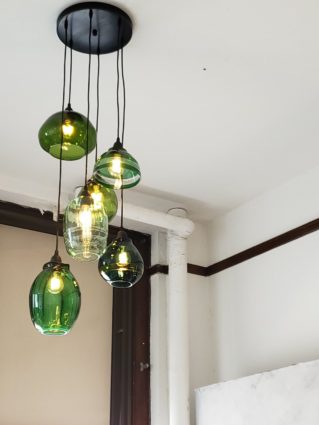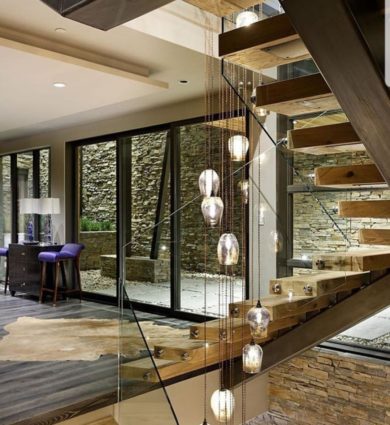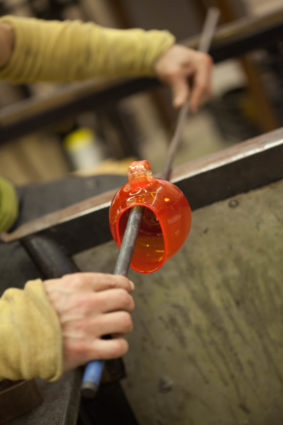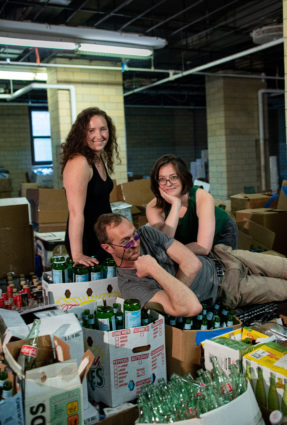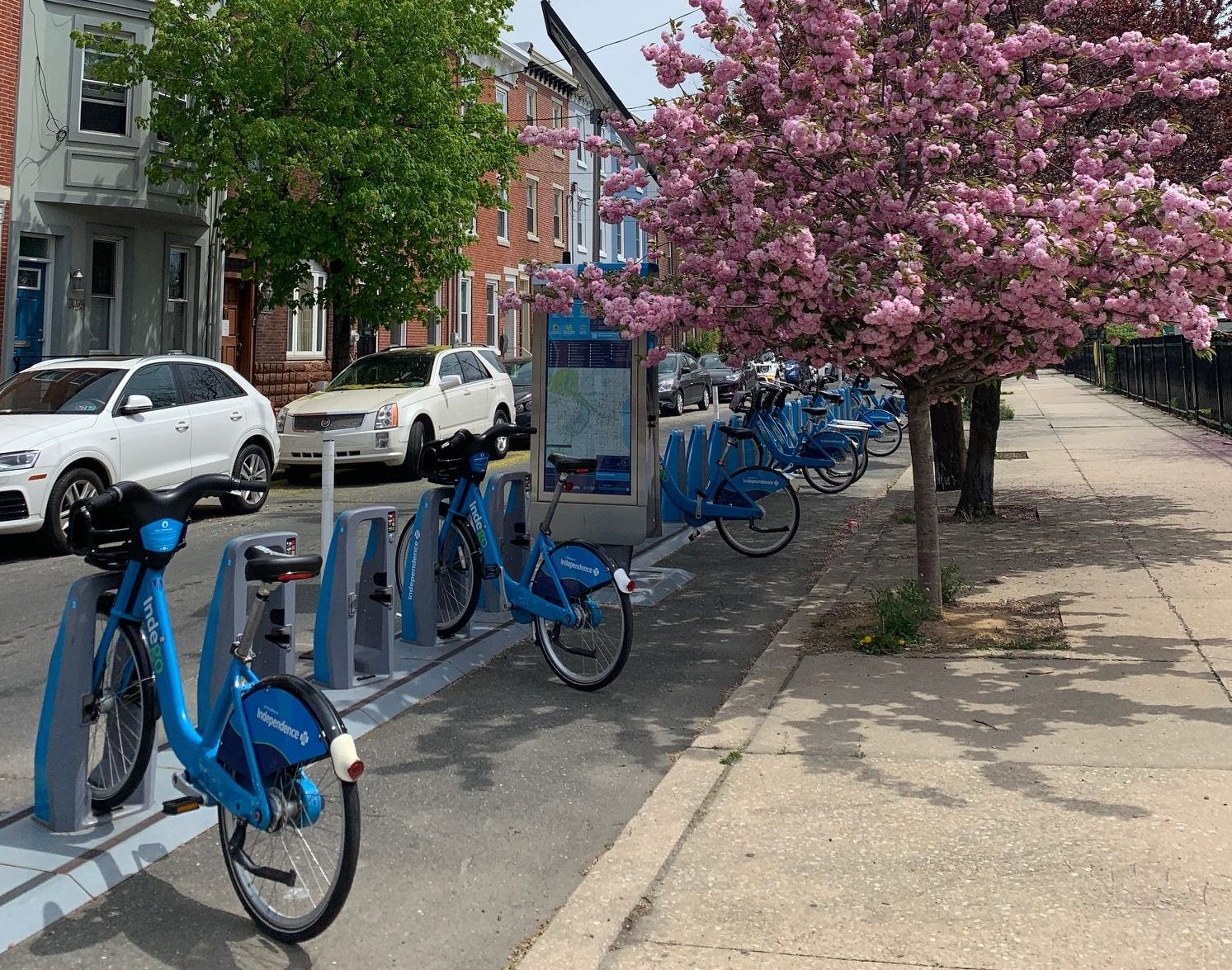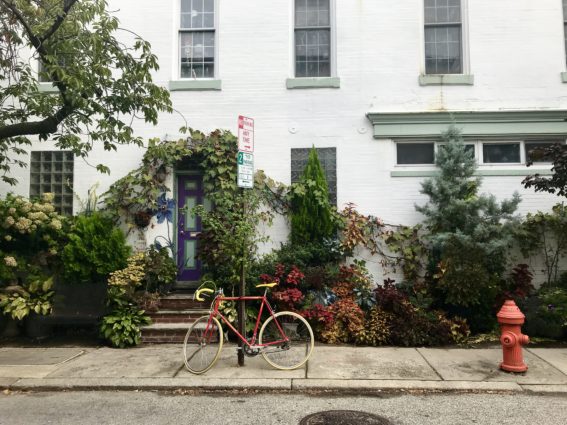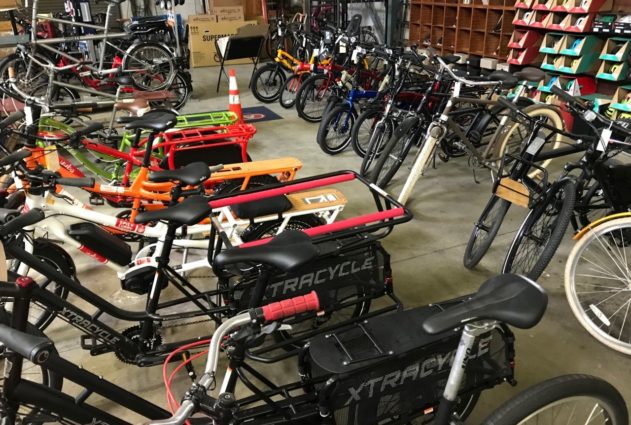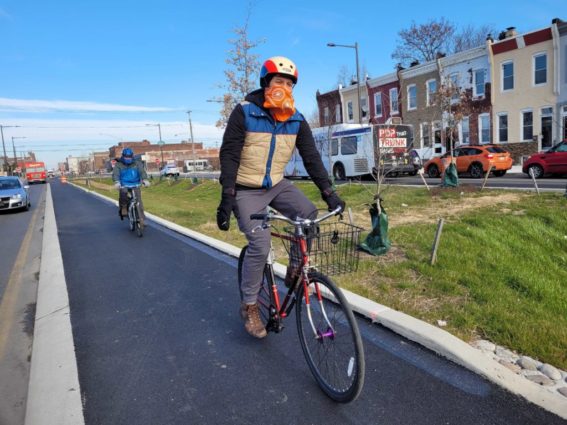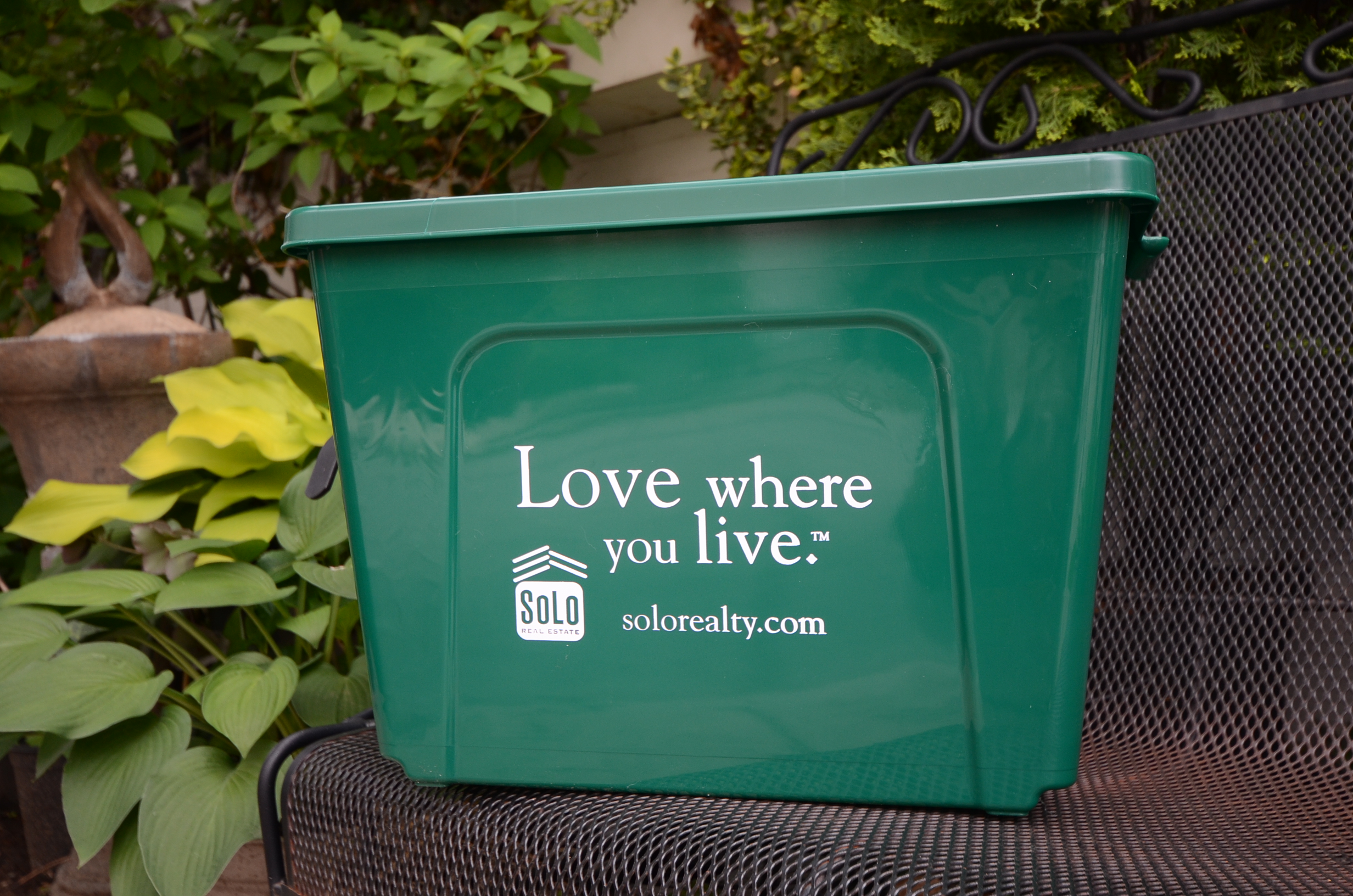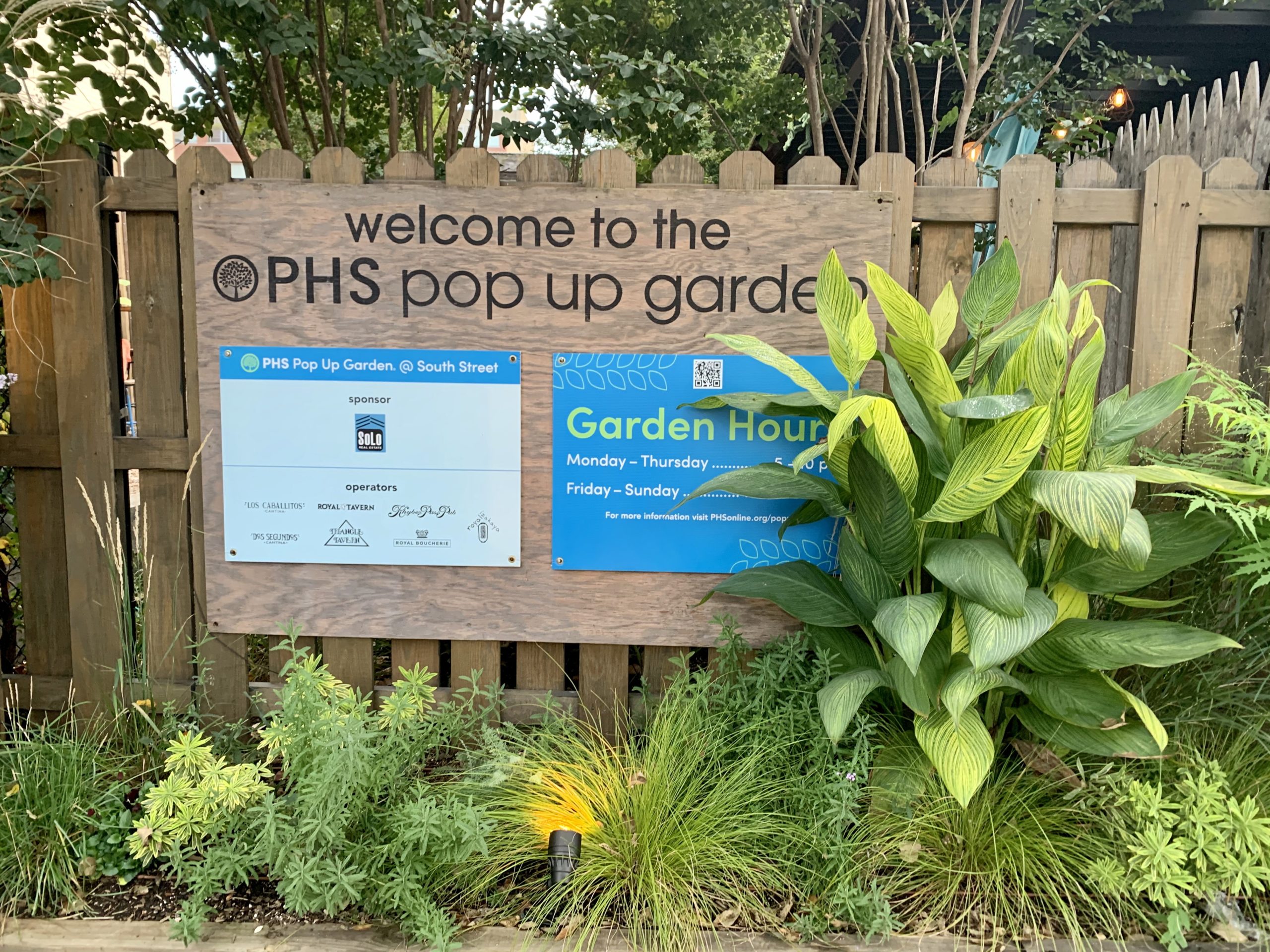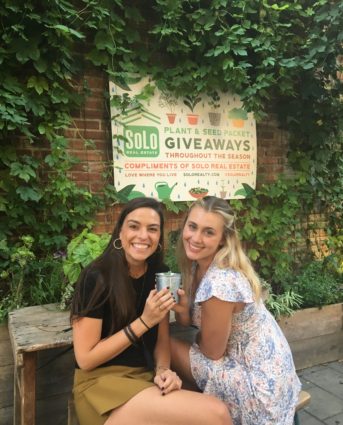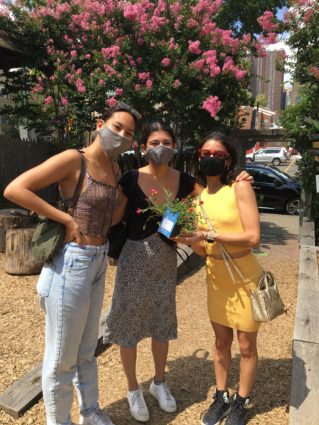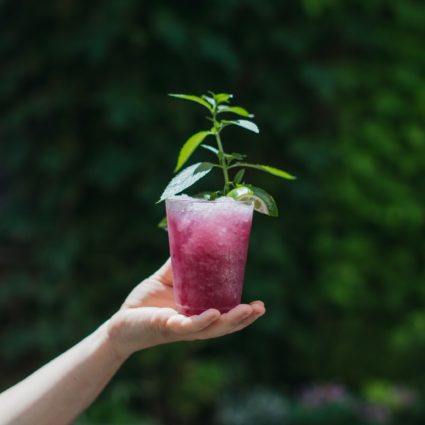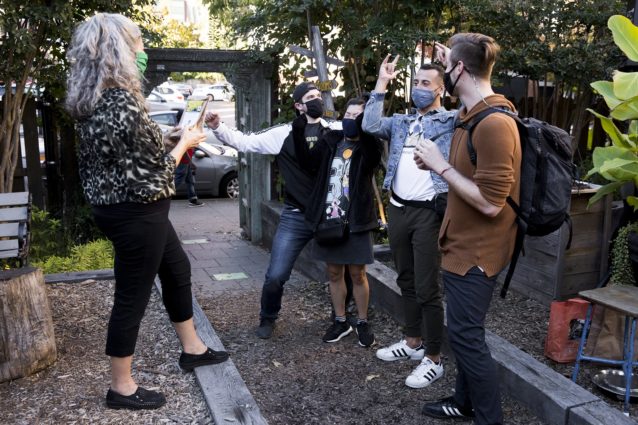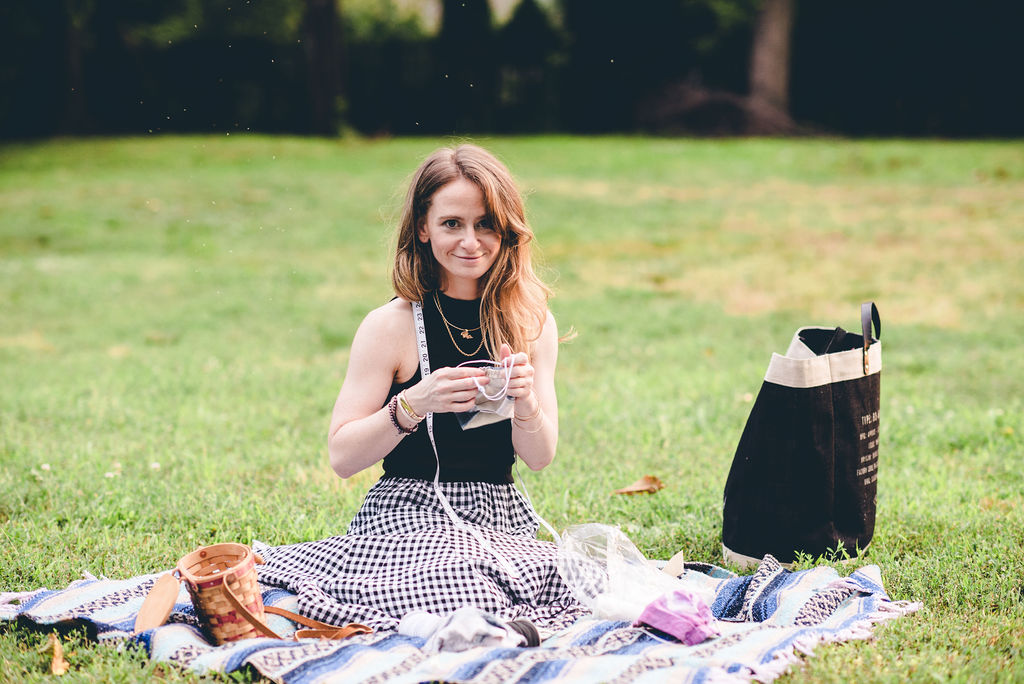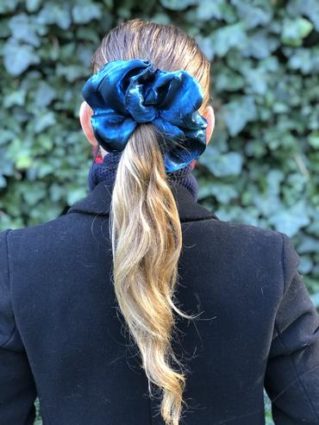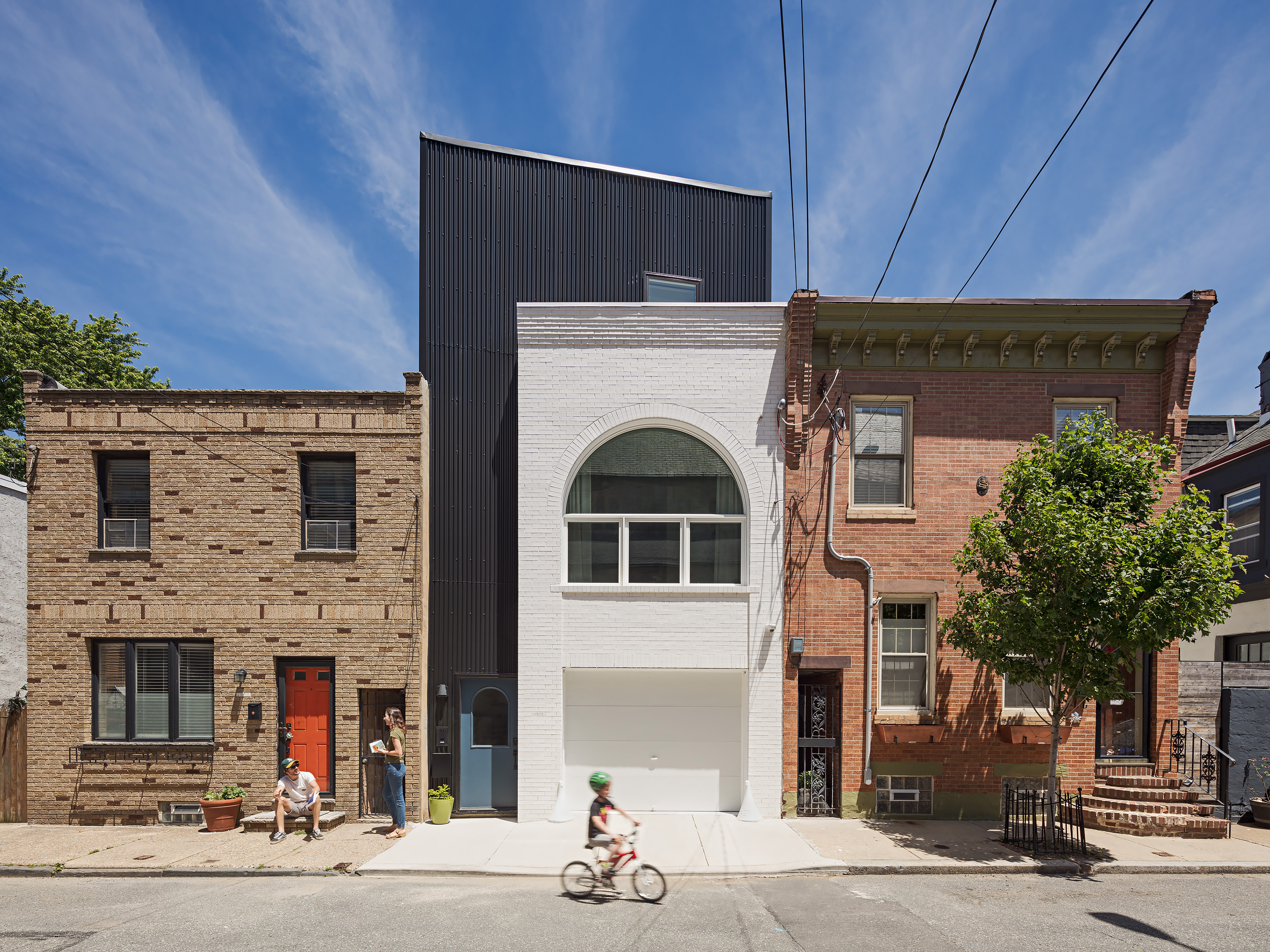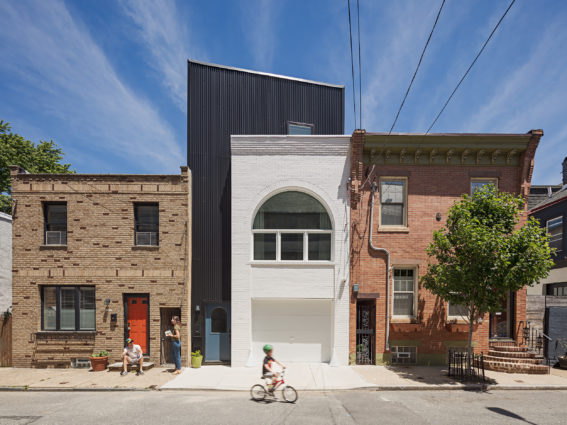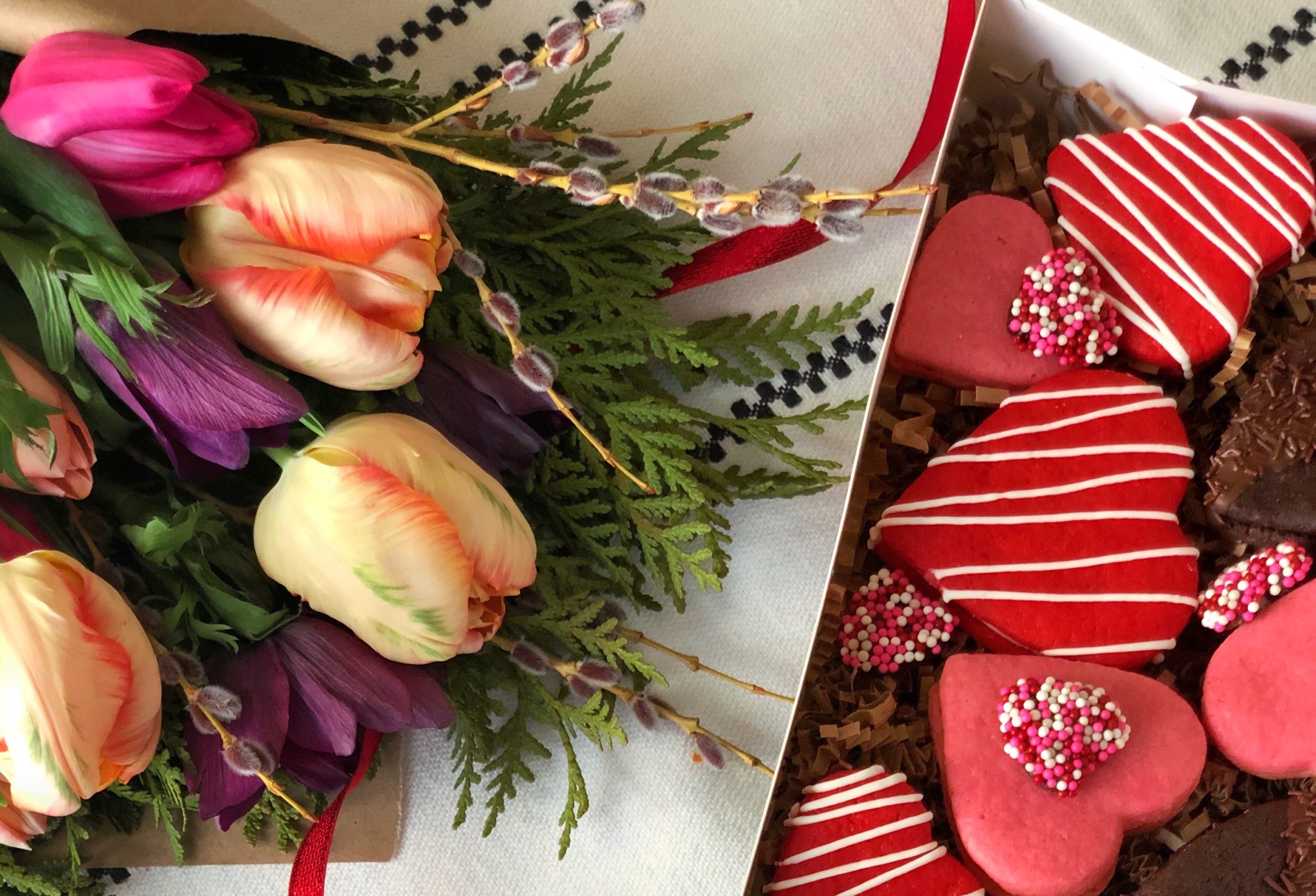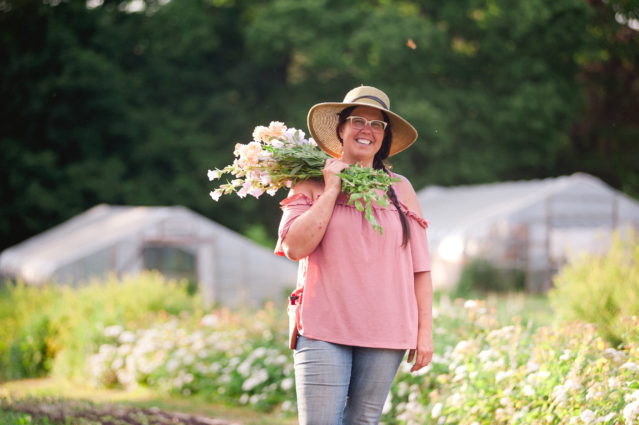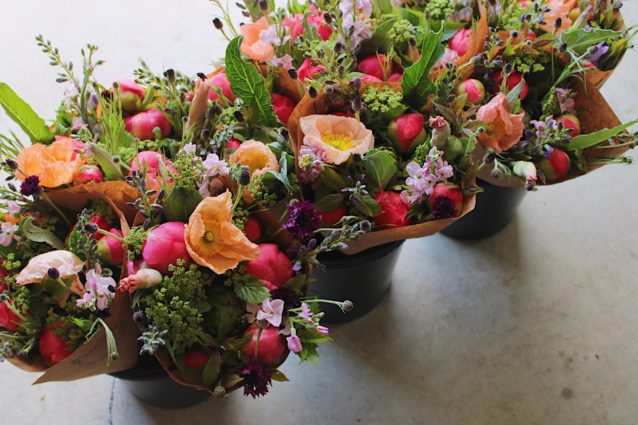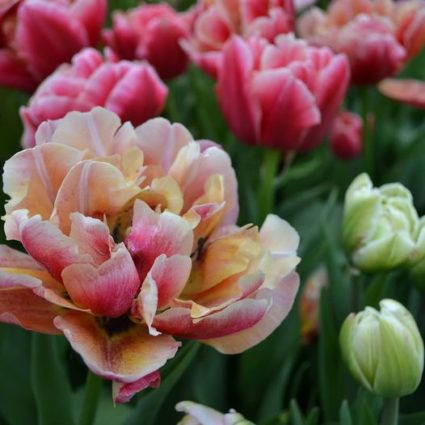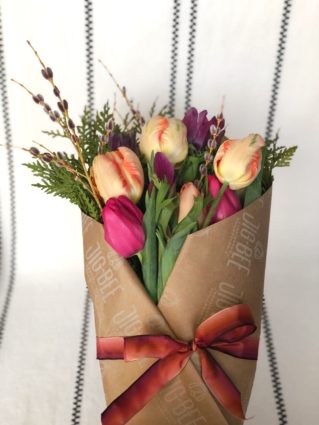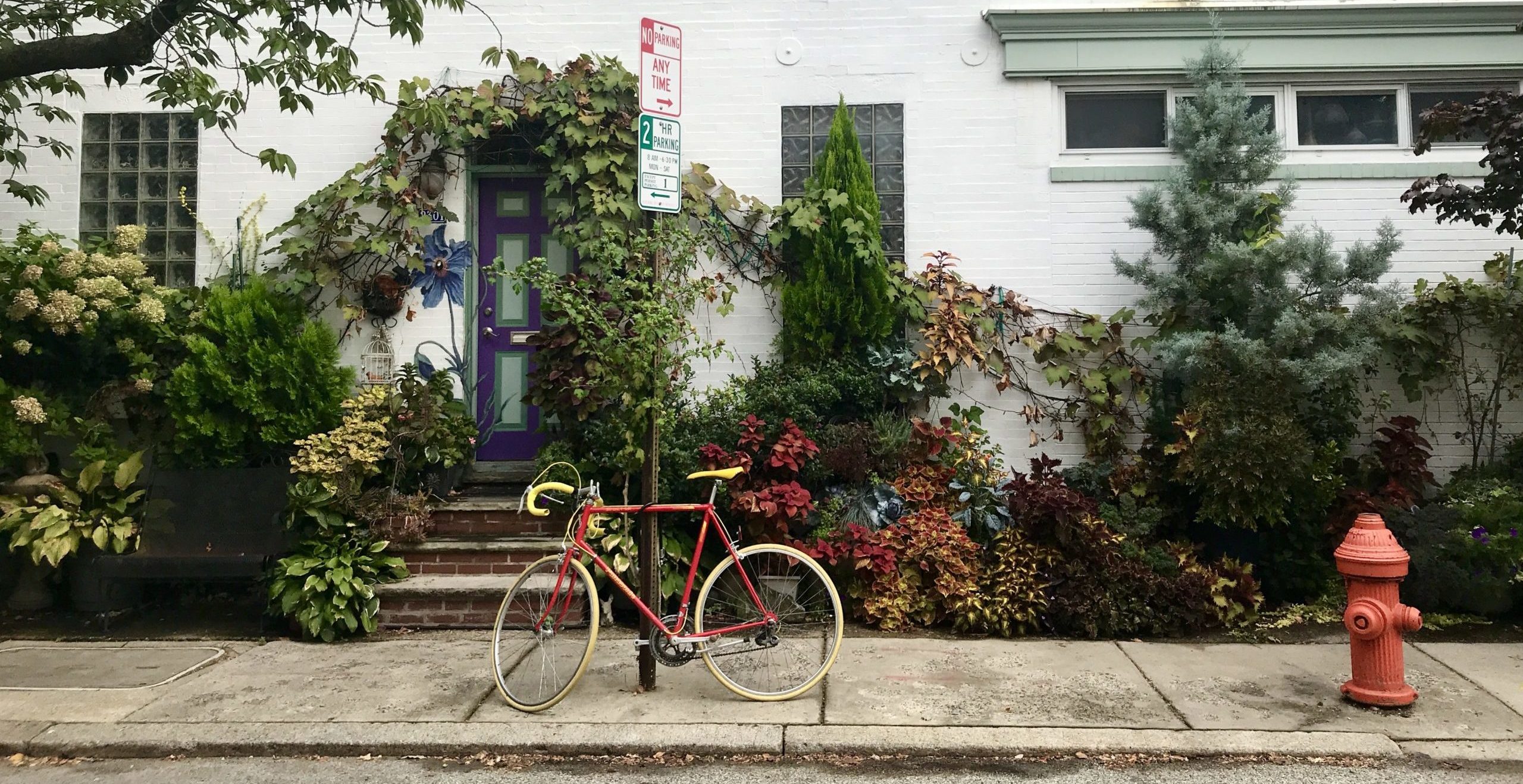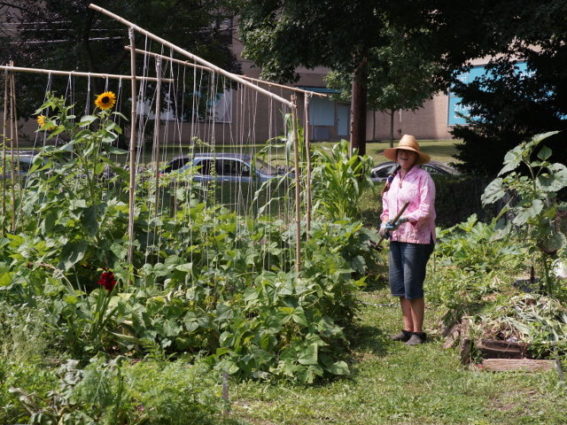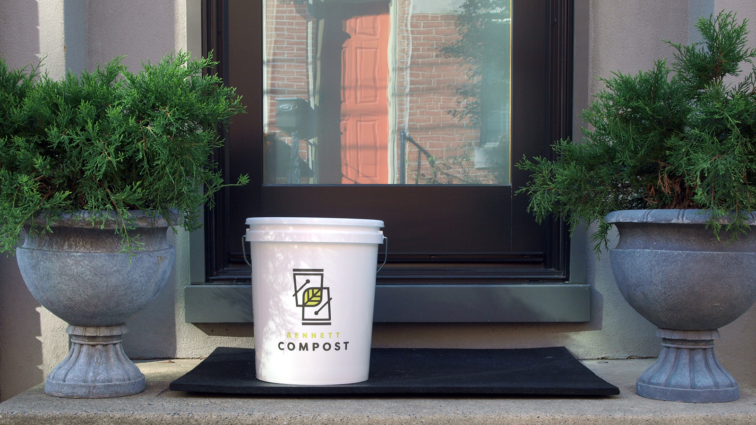Fall offers an opportunity to recommit to sustainability in your home. Whether you embark upon major improvements or small changes, every step you take helps Philly get closer to its zero-waste goal. See how many of the below energy-saving solutions you can check off your list.
Switch To LED Lighting
Today’s LED bulbs are a far cry from those limited, squiggly options of the past. Now they come in all shapes and sizes to coordinate with lighting fixtures in every room, including accent lighting, track lighting, and even candelabra chandeliers.
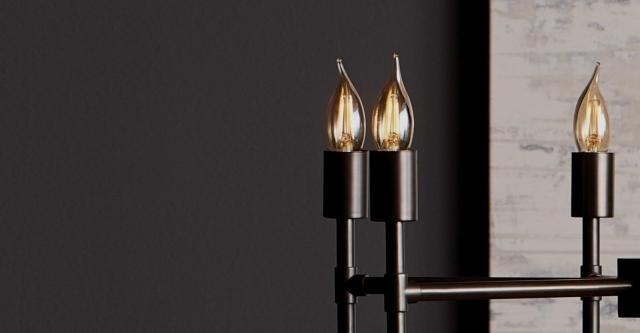
This energy-saving alternative to incandescent bulbs will lower your electric bill by using only 10-watts to produce the same amount of light as an incandescent 60-watt bulb. While LED bulbs are initially more expensive, they have an exceptionally long life span, lasting more than ten years. Another benefit is that LEDs emit almost no heat or UV rays. They are usually not hot to the touch, making them safer to handle than incandescent bulbs. Plus, they can help reduce air conditioning costs and won’t cause nearby fabrics and furniture to fade.
Choose a warm or soft white LED bulb for living rooms, bedrooms, and dining rooms. Bright white works best in kitchens and bathrooms. And, yes, fluorescent fixtures can be retrofitted with LED. HomeDepot provides a DIY guide on transitioning from incandescent fluorescent bulbs to LED.
Leave The Leaves, Or Compost Them
As trees begin to shed their foliage in the fall, consider leaving them on the ground or composting them instead of sending them to the landfill. Leaves left in the garden can be used as a mulch in vegetable gardens, flower beds, and around shrubs and trees. Leaving them to decompose will return valuable nutrients to the soil and using them as mulch can help insulate more delicate plants during the winter months.
If you are not able to simply leave them, fall leaves make for great composting material. They provide a rich source of carbon, and add significant quantities of trace minerals and plant nutrients to your backyard compost pile. Once we’re in peak leaf-peeping season, many local compost services like Bennett Compost and Circle Compost will also begin picking them up with a regular compost subscription service.
Recycle Your Closet
It’s not just your trash that needs to be recycled. It’s also your clothes! Instead of buying new clothing that depletes the environment, consider shopping at one of Philly’s many consignment shops, such as Greene Street, Addiction Studios, and ReMix.
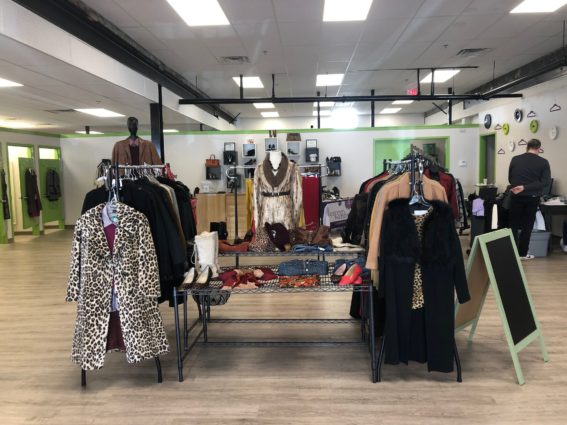
Consider donating any clothing that doesn’t fit or you no longer wish to keep to local consignment shops such as The Wardrobe at 413 North 4th Street aims to provide affordable attire for people who are seeking employment, are moving to independence after incarceration, or moving into recovery. They accept donations of clothing and accessories for men and women, including casual, professional, and dressy attire.
Switch To Sustainable Candles
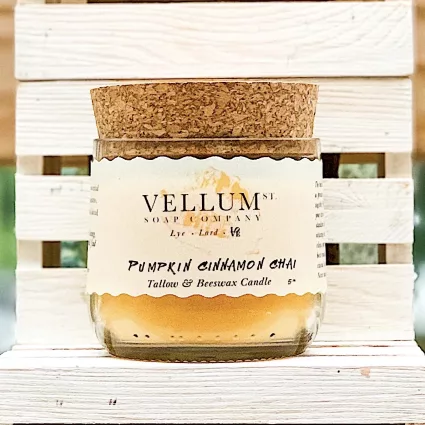
As the days get shorter and nights longer, there’s nothing like candlelight to add warmth to a room. However, most candles on the market are made from paraffin wax, a product of petroleum refining. A more environmentally friendly choice is candles made from beeswax. Buy them locally to avoid the carbon costs of shipping. Try Bee Natural, LLC in the Reading Terminal Market or pick up one of Vellum Street Soap Company’s candles at any of the local handmade markets they vend at or any of their brick and mortar retailers. To encourage reuse, Vellum offers a $2 purchase credit to return any empty jars so they can be refilled and used again.
Wash Your Clothes In Cold Water
Up to 90% of the energy used by a washing machine goes toward heating water. Skip the heating and use the cold water setting. This way, you reduce carbon dioxide emission and also keep your clothes in top condition longer, as hot water can make your colorful clothes less vibrant.
Unless you’re dealing with stubborn stains, there isn’t a point in running your washing machine on the hot water setting. If you feel the cold water setting doesn’t do a proper job, you can try the warm setting.
Draft-proof Your Doors And Windows
Cold air enters your home through uninsulated spaces that can raise your heating bill and allow not just cold air in, but also moisture. Use weather stripping and/or caulking to seal windows and door frames. Hang thermal curtains which not only block drafts but also noise. Use a cloth or plastic draft stopper on doors. Cloth draft stoppers, also called door snakes, can be simple cloth tubes filled with batting or decorative doggy-shaped draft blockers.
If you are a homeowner, consider upgrading to triple-insulated windows in which glass panes are spaced apart and hermetically sealed, leaving an insulating air space. Yes, they are pricey, but, in the long run, they reduce your heat bill and improve your energy efficiency. They reduce energy loss by as much as 30% to 50%.
Another consideration is how the windows operate because some operating types have lower air leakage rates than others, which will improve your home’s energy efficiency. Windows that are hinged a the top and open outward or hinged at the bottom and open inward both have lower air leakage than sliding windows.
Our Commitment To Sustainability
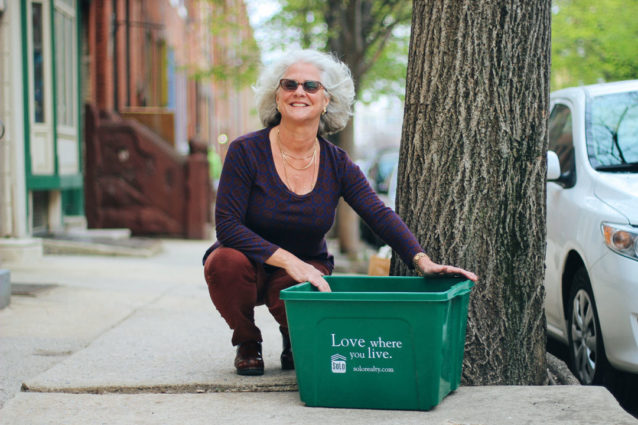
Solo Real Estate is committed to sustainability. Our love for our homes, neighborhoods, and city inspires us to take an active role in preserving the environment. Solo proudly provides sponsorship to numerous local organizations committed to environmental stewardship, including PHS, Emerald Wildflower Garden, Hancock Park, and other community spaces. We also encourage tenants to compost through a partnership with Bennett Compost, install green roofs on our properties when possible, and distribute Solo Recycling Bins to tenants and clients. Thank you for joining us in our effort to help meet Philly’s Zero-Waste goals.
Interested in learning other ways you can help reduce your environmental footprint? Check out our article on Four Ways to Minimize your Waste Footprint in Philadelphia or our list on 5 Things Philly Renters can do for the Environment. If you’re a Solo tenant or owner and want to sign up for a special 2 month trial offer from Bennett Compost, please e-mail us!

